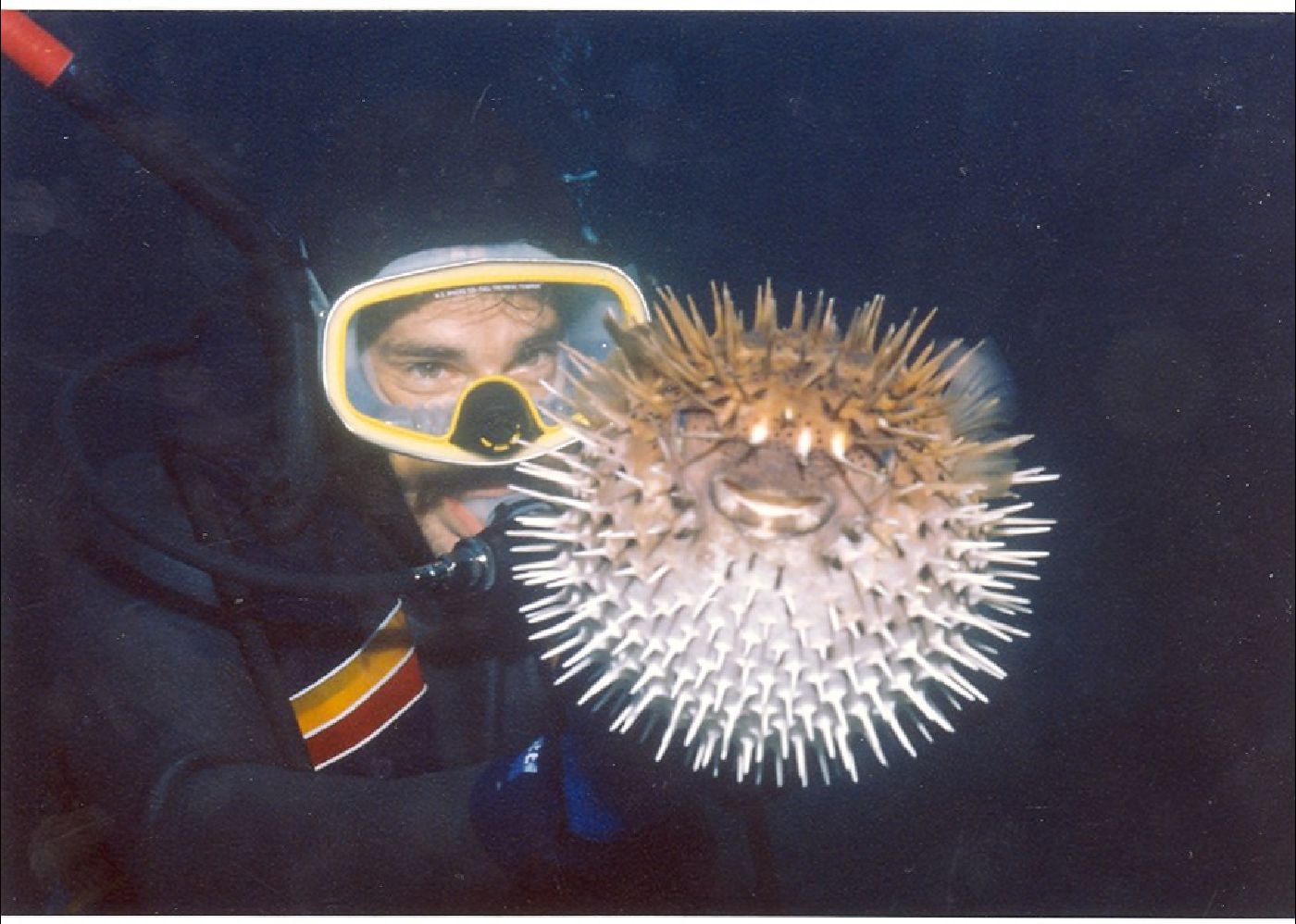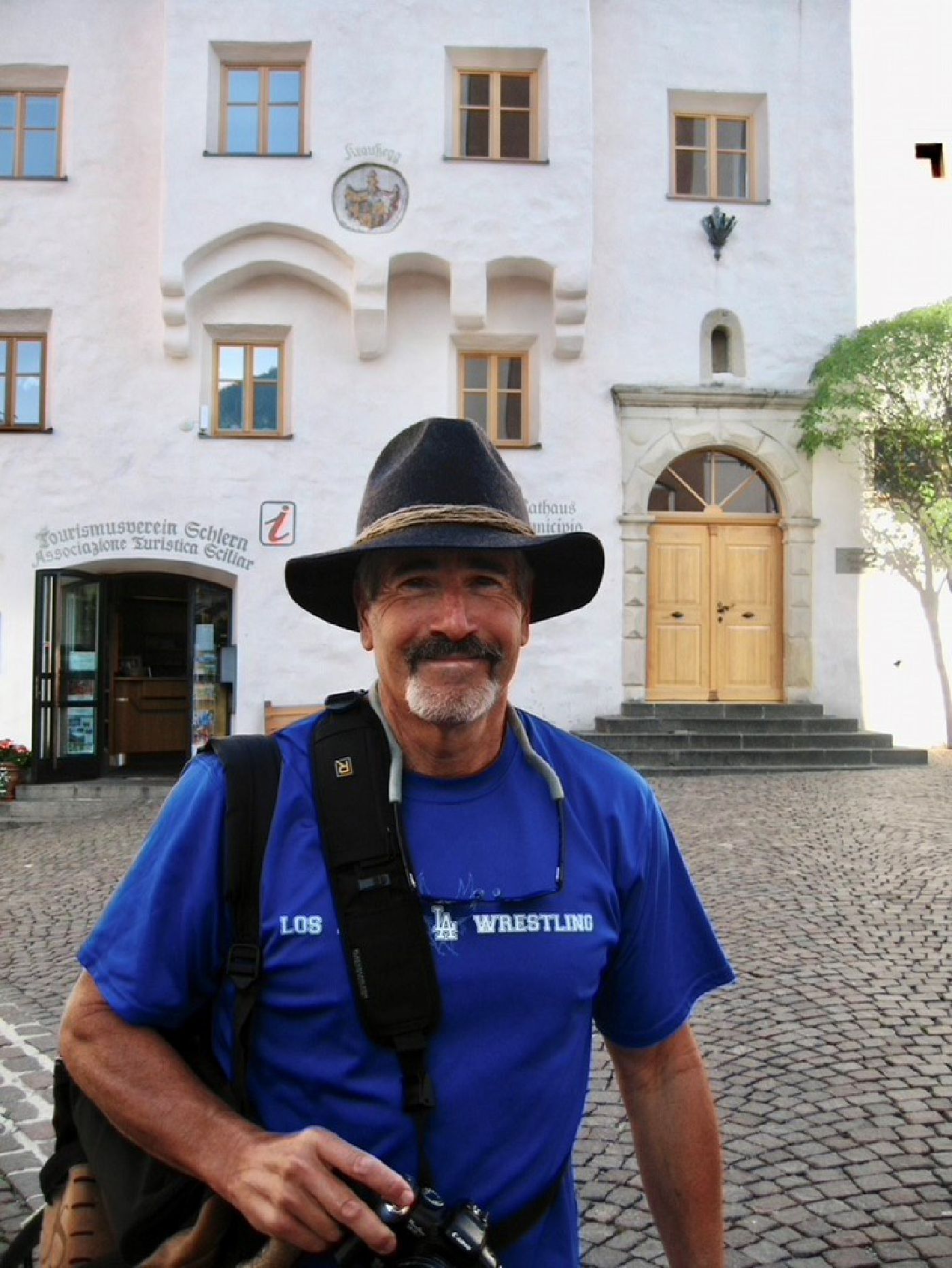Wilderness Medical Society
This tribute appears here in Wilderness Medicine Magazine published by the Wilderness Medical Society (WMS) solely because Paul Auerbach, along with Ed Geehr and Ken Kizer founded the WMS in 1983. In its founding documents, the WMS’s purpose was stated as: “to encourage, foster, support or conduct activities or programs concerned with life sciences which may improve the scientific knowledge of the membership and the general public in matters related to wilderness environments and human activities in these environments.” Nothing like it existed. Paul’s vision was unique among medical societies because the organization transcended the usual hierarchy of medicine. The WMS was open to anyone with an advanced degree in the biomedical or life sciences, not just doctors. It also had a membership category for those without advanced degrees. With that vision, Paul and the other founding members created a community of outdoor enthusiasts in the medical field, now 4,000+ members strong, who are bound by the privilege of joining our passion with our profession. More than most medical professional societies, the glue of the WMS lies in service, the tenet that guided Paul Auerbach’s professional and personal path. The WMS meetings, notoriously held in beautiful places and casual enough to encourage networking across hierarchies, have hosted the beginnings of a myriad of collaborations and relationships that have changed so many lives. This is the work of Paul Auerbach
As told by Tom “TK” Kessler, MD:
I remember receiving a mailing in 1983 just after detailing to the Coast Guard announcing the founding of a new society to focus on wilderness medicine, “This will never fly" was my impression. When it did succeed, I eventually joined due to my interest in austere and humanitarian/missionary medicine. That led to a decade of supporting the medical student elective in wilderness medicine begun by William Forgey with James Liffrig doing much of the initial groundwork. Although the society has sharpened a focus on expeditions, endurance sports, and technology it continues as a tribute to the foresight and energy of Dr. Auerbach. May you have wisdom in your task and emphasize the positive joy which radiated from Dr. Auerbach.
A Caring Physician
Paul was the world’s doctor. On more than one occasion I received referral calls from Paul letting me know about patients needing care in the cities where I worked. A few years ago, a young woman with recurrent hand infections from a sea urchin envenomation had found his name searching for help online. It would have been easy enough for Paul to say, “sounds like you need an in-person evaluation – make an urgent appointment with your primary care provider.” But instead, the world’s expert on marine envenomations took on the case personally. She had returned home to Philadelphia, where I was working, and Paul was talking me through the case - on the phone - with what she needed in the ED after I had done my initial evaluation. “See one, do one, teach one”, as the saying goes. Years later, while I was working in San Diego, Paul’s wisdom was ringing in my ears when a 12-year-old boy with recurrent foot abscesses and osteomyelitis presented after a boy scout trip to Hawaii and turned out to have retained sea urchin spines.

Paul, a passionate of marine biology, on a dive trip
Photo Credit: Ken Kizer
The Man Behind the Name
As told by Brenda Tiernan, RN, FAWM:
I was lucky to be invited on several Auerbach adventures. Whether it be on the Inca Trail, the trek to base camp in Nepal, or in the Dolomites, those hikes were quite often hilarious and filled with laughter listening to Paul’s endless stories (embellished with passing years). Things about Paul some may not know…the man is a shopper! Glasses and hats were hard to pass up, sometimes in multiple colors. Rugs and thangkas made their way back after Nepal trips, much to Sherry’s [Paul’s wife] chagrin. Also, this fearless man who seemed able to take on the world was afraid of heights as evidenced by witnessing him plastered against a few cliff walls! He also couldn’t resist a good gelato, but who can? He definitely encouraged and expected you to be your best. Professionally, he convinced me to go for my FAWM back when it consisted mostly of MDs.

Paul’s affinity for hats on display.
Many people describe Paul Auerbach as intimidating, even colleagues who have known him for years.
“Intimidating at first but full of love and support. The world will not be the same without him.” Emily Sagalyn, MD, FAWM
I first met Paul at the Northeast Wilderness Medicine Conference in Ithaca, NY in Fall of 2007. When I met him, I was just out of my residency training and had no idea who he was until after the conference (this was pre-smartphones). Paul showed up in town the night after the scheduled events ended, sat down with a group of attendees, including one of the smartest infectious disease docs I had ever met (who was really a climber at heart) and within minutes, Dr. Auerbach and the ID physician went toe-to-toe expounding on larger-than-life real-world experiences in managing illness and injury around the world. There was name-dropping, mentions of the worlds’ highest peaks, diving injuries in exotic places and missions in far off corners of the world that were subject to diseases we had barely learned about in medical school. There is a term for interactions like this, but the subject matter of this particular pissing contest was so intellectually stimulating (and just amazing enough to require fact-checking) that instead of walking away, myself and the other bystanders just watched and listened and learned. In Paul’s case it was never just talk, just like his CV was not just filler. The next part of the evening, he sat there as one by one, we all took an opportunity to talk to him about ideas, projects, and goals. He graciously listened, gave advice, and made it clear he was available as a mentor. This interaction changed the trajectory of my life and I’ve watched the same happen with folks over and over again.
As told by Jeremy Kessler, MD, FAAFP, FAWM:
My personal interactions with Dr. Auerbach were special to me. I was always met with a friendly handshake, a warm smile and engaging conversation. He had contagious laughter and a unique personality to immediately connect with those around him. Dr. Auerbach was a master at captivating his audience with intriguing topics of discussion that stimulated deep thought for days following his talks. He had a charismatic and poetic way of conversing, with either an intimate group or presenting at a conference. A recurrent passionate theme of his was to follow your dreams. It was encouraged to push yourself to the limits, test your capabilities, surround yourself with the wonders of the outdoors and live life in the moment with your eyes wide open. Dr. Auerbach will be greatly missed and his vigor for life and enthusiasm for continued experiential learning will continue to have a lasting impact on this community.
A Great Teacher, Mentor,
and Friend
At WMS meetings, although Paul was the VIP in the room, he actively got his hands dirty. A little over a decade ago, at a summer conference, Paul personally organized a large group of authors with specific tasks to embark on the first of several WMS Practice Guidelines. The manuscript was probably written in his brain, but he was teaching this group of young wilderness medicine providers how to do it. It was all recorded, there were deadlines, and it was clear what the expectations were. That is just one example of how Paul Auerbach inspired productivity.
As told by Deb Stoner, MD:
I served with Paul on the Education Committee. As an iconic visionary, Paul gave space and encouragement to everyone to be the same. As a newcomer to the committee, I proposed a Community Education Lecture Series (CELS) for WMS practitioners to use in their communities to educate the general public. The committee’s reception was lukewarm but after the meeting Paul told me to “go for it”. I did and CELS was born. Without those three words of encouragement from Paul I might have dropped the idea into a crevasse. Paul did that for all of us...encouraged us to find our visions and the fortitude to climb the steep side of ‘Mount ItCanBeDone’.
As told by Jay Lemery, MD, FACEP, FAWM, Past President of WMS, co-author of Enviromedics:
Paul was an exacting mentor. When he invested in you, he expected excellence - anything less was a waste of his time... and yours! So after many conversations, Paul paid me the highest compliment, when he agreed to co-author a book with me. It was not an easy project. After a particularly rough period of writing, Paul laid into me, stating “You write like a 5th grader!” When I heard that, I started laughing... That was the wrong response. “You think this is FUNNY?!?" he responded with incredulity. "Welp...," I sheepishly replied, "last week you said I wrote like a 3rd grader, so I guess it's been a pretty good week!" We laughed about that one....albeit many years later.
As told by Will Smith, MD, Paramedic, FAEMS, FAWM:
My first memories of meeting the Wilderness Medicine legend Paul Auerbach were as I was beginning my interest in wilderness medicine around the mid 1990’s. To meet the man with his name on the premier textbook for the specialty was both amazing but also a bit scary. But, as soon as you encountered Paul, he put me at ease, as everyone was on the same level and just able to share similar passions for wilderness medicine.
Paul’s ability to connect and enhance Wilderness Medicine among friends and collogues was one of his greatest gifts. I can remember after giving a little talk on technical SAR in the Tetons at a summer WMS conference in Snowmass, Paul came up and said, meet Ken Zafren (who I also knew was a legend in the field) and said I want you to help him write his next chapter in my textbook. The other passion I remember from my multiple years of knowing Paul, was his love of teaching students. He shared and grew the passions of all those around him. Especially the ‘newcomers’ to the field of wilderness medicine.
Wilderness medicine has lost a great advocate, but all of those that Paul indoctrinated with his passion into the field will be able to carry on his name and passion.
Paul was generous with his time throughout his life. Before my time as the director of the WMS Student Elective, it was a long-held legend that Paul would come out specially to attend and participate during the final nighttime scenario that went on until 2 am in February in snowy southeastern Tennessee. I always told myself it was because his son was living in Philadelphia attending law school, but he happily came to Philadelphia to present at the Mid-Atlantic Student Wilderness Medicine Conference (MASWMC) in 2012 and 2014 (I checked his CV). He made it clear he would talk about any topic or run any small group session we asked him to. Falling in line with all Wilderness Medicine conferences, we allowed for ample opportunity to network informally and Paul always had to be dragged away, not wanting to deny any student the time he was willing to give.